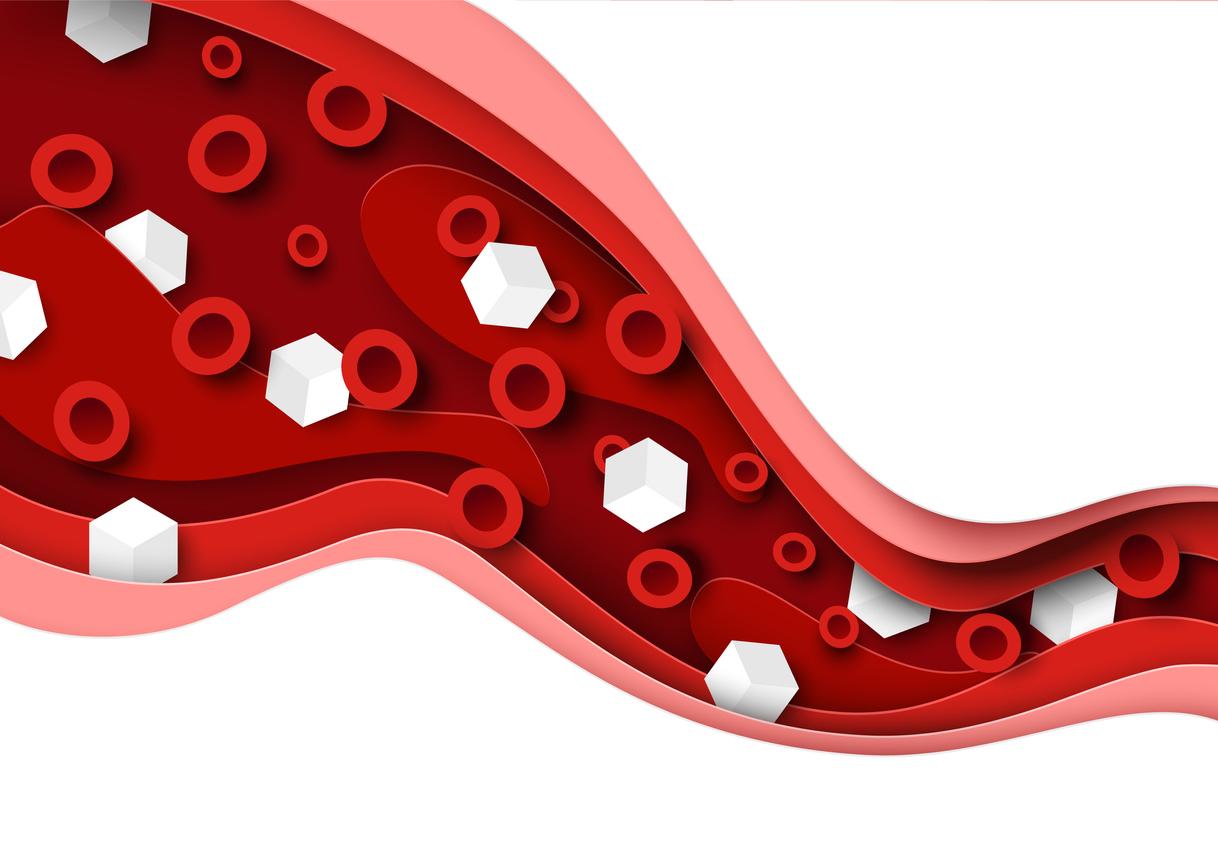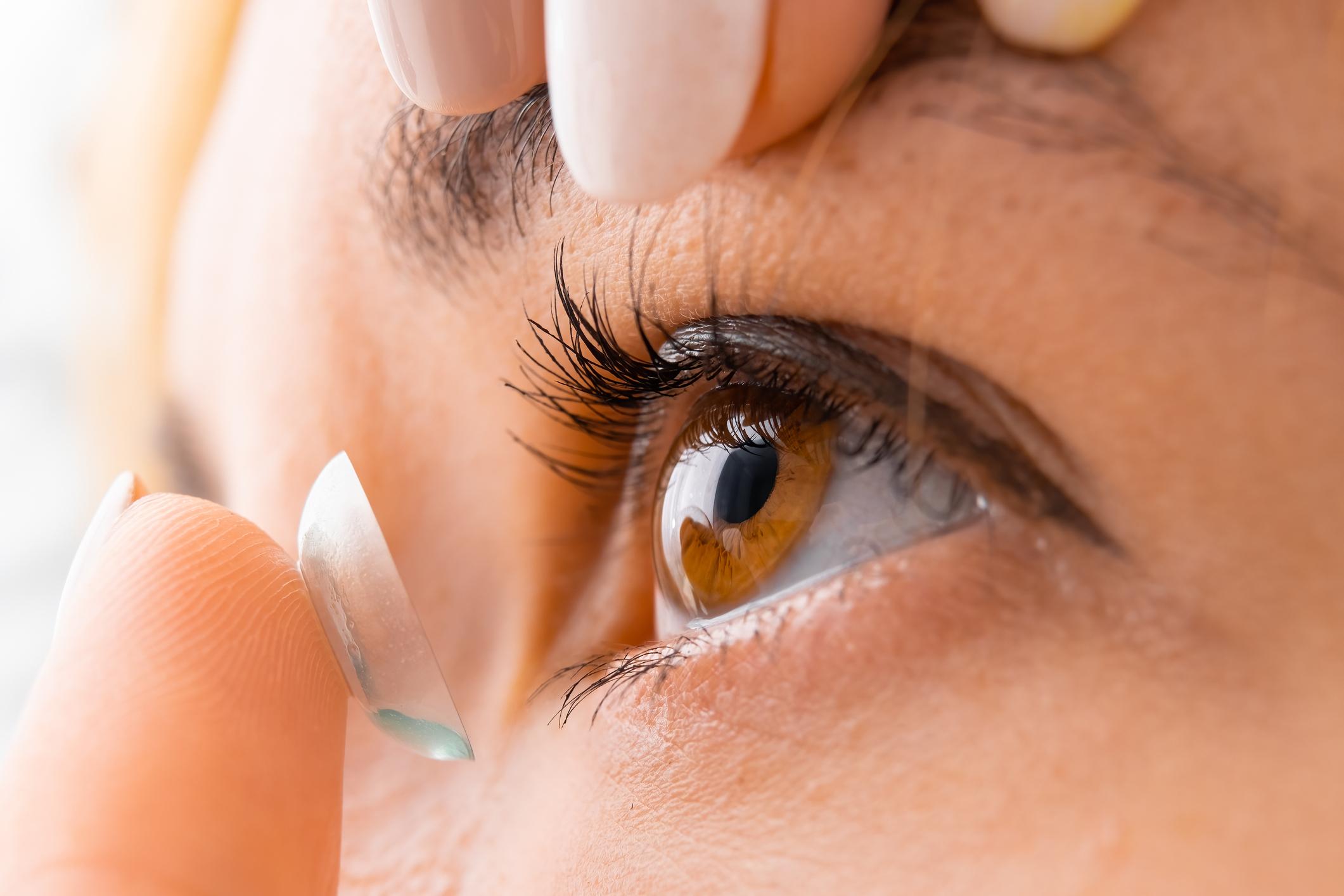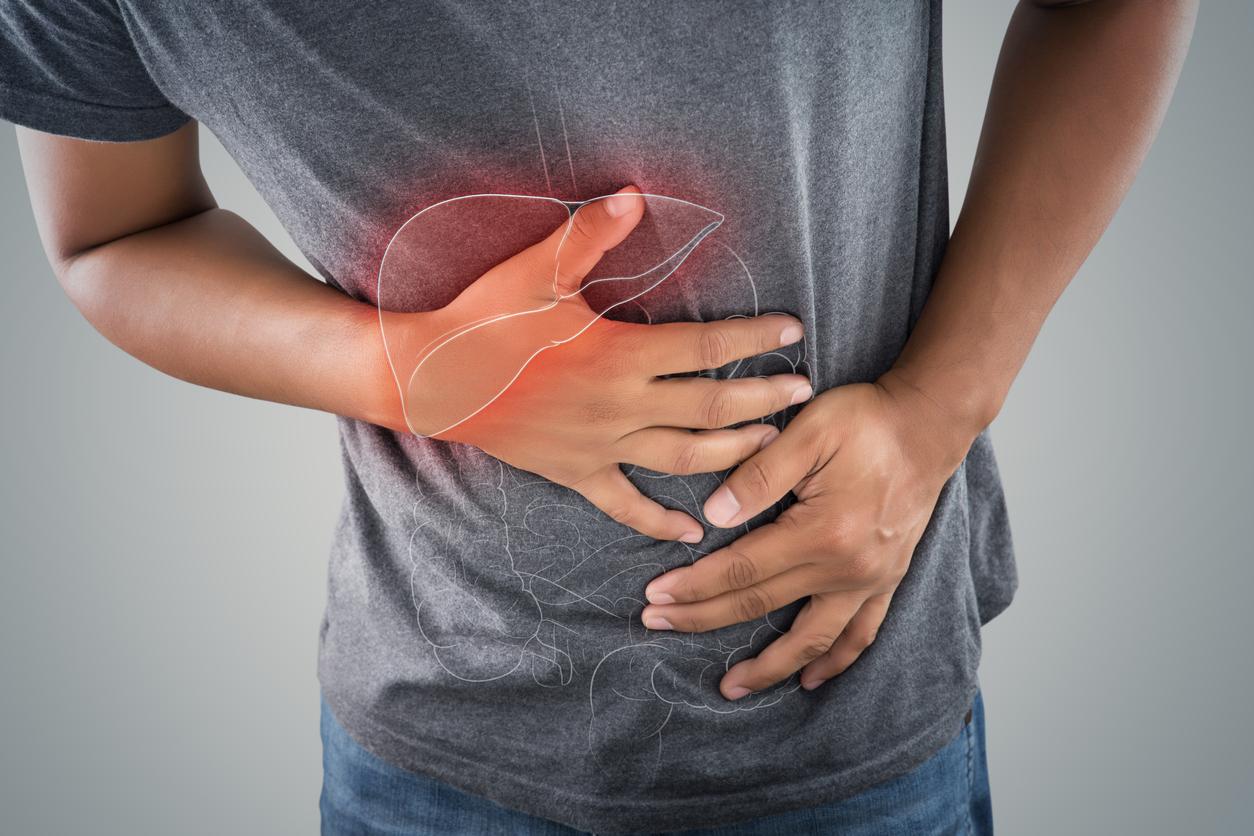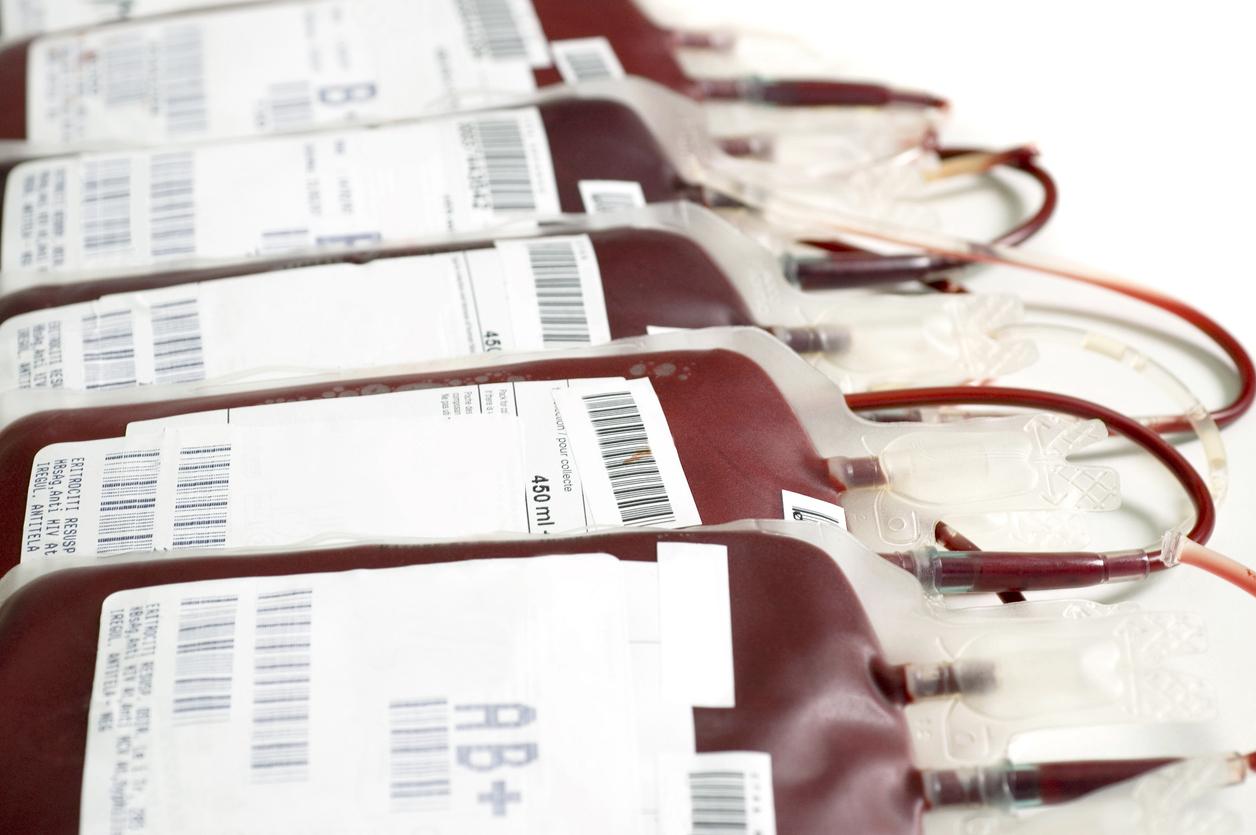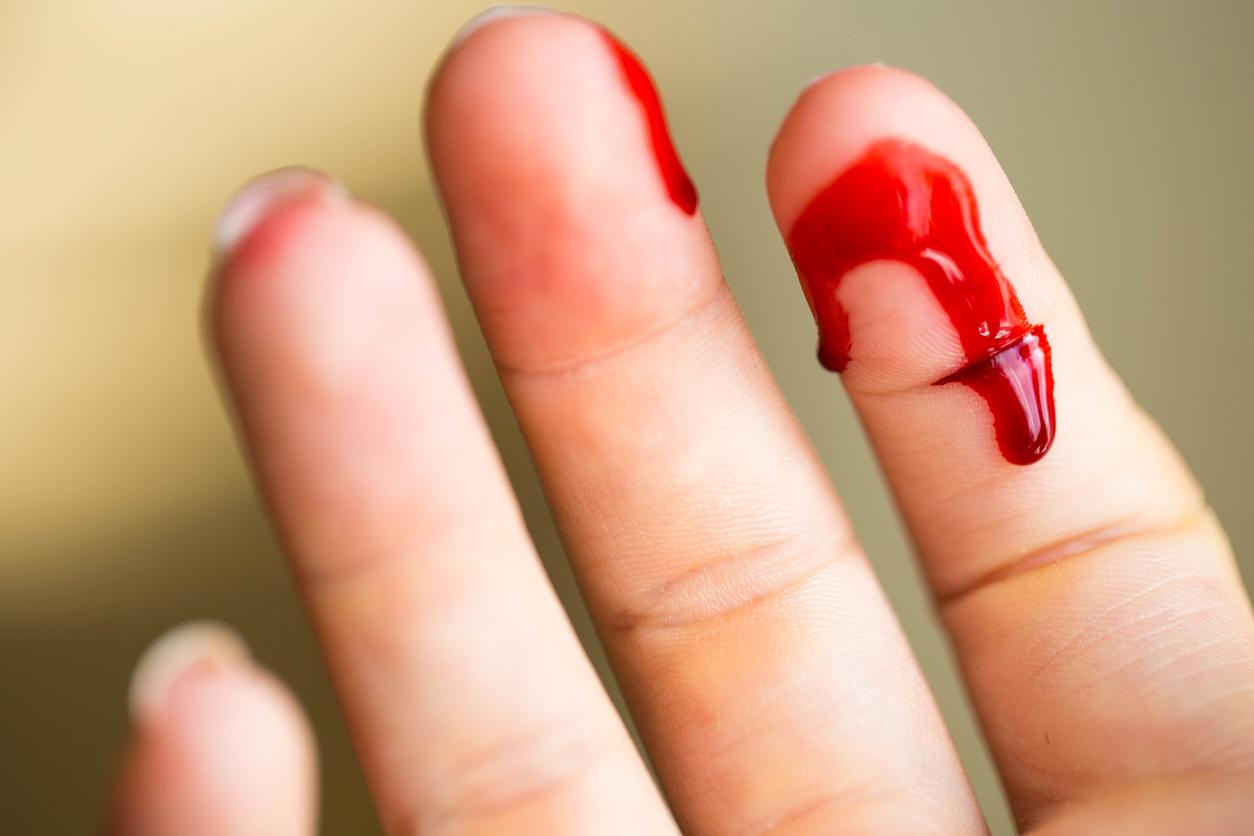
The practice of certain forms of meditation would have the effect of lowering blood pressure, according to the results of several studies. This decrease would be comparable to that which can be observed when following the recommendations of health professionals: lose weight, exercise and refrain from consuming salt and alcohol.
Researchers from Maharishi University of Management (parent company of transcendental meditation) and the University of Kentucky School of Medicine analyzed the results of 23 clinical trials, with control groups, conducted in 960 hypertensive subjects.1. Six of these essays dealt with transcendental meditation (a technique of Hindu origin). According to the results, practicing this meditation had the effect of lowering blood pressure by an average of
-5 mmHg / -2.8 mmHg (millimeter of mercury column). The results generally obtained with a proper diet and exercise program are -4.25 mmHg / -3.1 mmHg.
The other trials analyzed in the latter study focused on interventions in biofeedback, relaxation, autogenic training, stress management and other meditation techniques applied alone or in combination. Some of these trials also gave interesting results in terms of lowering blood pressure, but it was not possible to draw a clear conclusion due to conflicting data or too few subjects.
The American medical authorities published, in the summer of 2007, a report2 on the state of medical knowledge on the beneficial effects of various stress management techniques on cardiovascular health. After conducting an analysis of the results of 55 clinical trials, the authors confirmed the hypotensive effects of transcendental meditation, Qigong (of Chinese origin) and Zen Buddhism (of Indo-Japanese origin).
Pierre Lefrançois – PasseportSanté.net
1. Rainforth MV, et al. Stress Reduction Programs in Patients with Elevated Blood pressure: A Systematic Review and Meta-analysis. Current Hypertension Reports 2007, 9: 520–528. [étude non répertoriée dans Medline].
2. Ospina MB, Bond K, et al. Meditation practices for health: state of the research. Evid Rep Technol Assess (Full Rep). 2007 Jun; (155): 1-263. Full text: www.ahrq.gov.










